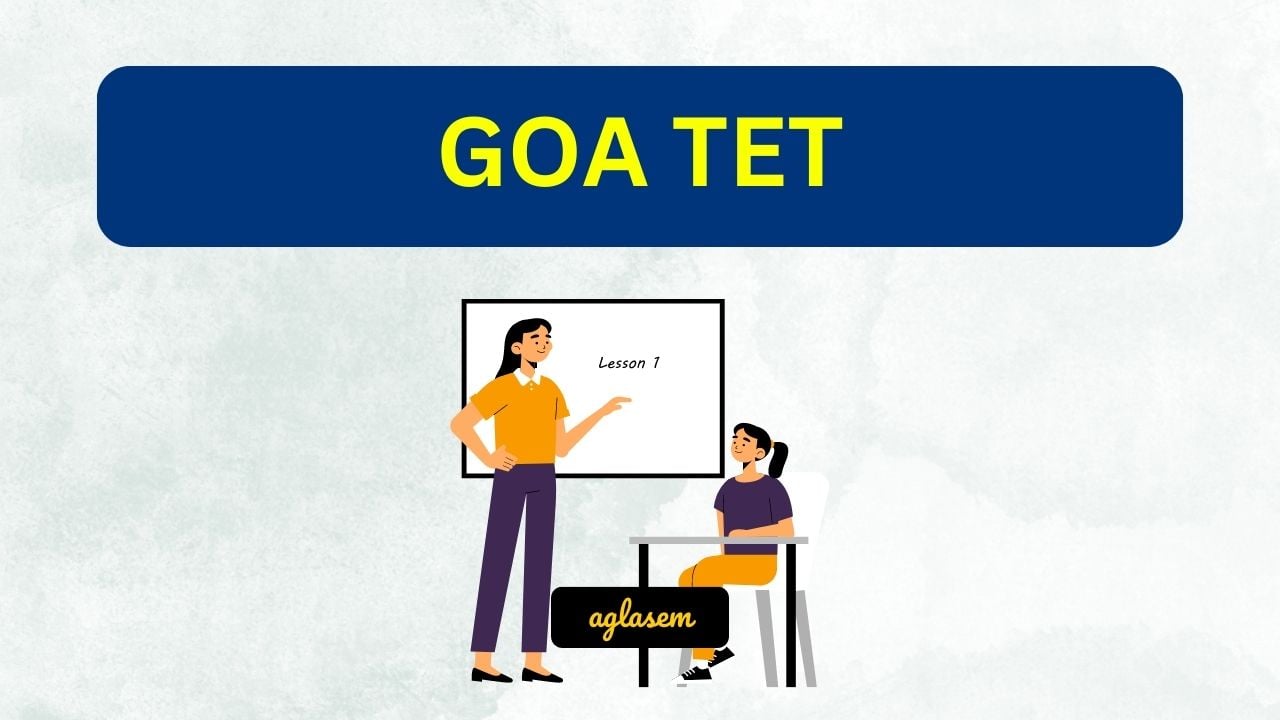Punjab Civil Service Commission release notification for various posts to fill in vacancies for civil services in the state of Punjab. Since Application forms are released and applicants would be gearing themselves for the written exam the Punjab Civil Services 2018 Syllabus provided by the Punjab Civil Service Commission would help you to prepare specific topics as required to be studied for the specific post. Check the complete Punjab Civil Services 2018 Syllabus below in this article.
Punjab Civil Services 2018 Syllabus – PDF Download (Punjab PCS Exam)
Punjab PCS Exam generally contains two paper ie Preliminary exam and a Mains exam, syllabus and number of papers in both are different. Check the detailed syllabus for the same written below.
Syllabus for the Preliminary Examination
Preliminary Examination would include two papers of 200 Marks each and it will be a objective type Multiple Choice Question examinations.
| Subject | No of Questions | Marks for each Questions | Total Marks | |
| Paper-I | General Studies | 100 | 2 | 200 |
| Paper-II | Civil Services Aptitude Test | 80 | 2.5 | 200 |
Paper –I (General Studies)
1. Everyday Science
- States of matter, Structure of atom, versatile nature of carbon. Acids, bases, salts, corrosion in
metals, Action of soaps. - Public health initiatives, mother and child health, Immunisation & vaccination, HIV-AIDS, TB, polio etc.
- Life on Earth – evolution, marine & terrestrial life, Human body, and life processes, nutrition, disease – its causes & prevention, infectious diseases, lifestyle diseases.
- Force-laws of motion & gravitation, Archimedes principle. Energy – kinetic & potential.
- Light – reflection & refraction – concepts and applications. Sound – propagation & reflection- concepts and applications. Electric current – concepts and applications.
- Computers and telecommunication – concepts and applications.
2. Environmental studies
- Atmospheric circulation & weather system, water cycle.
- Composition and structure of the atmosphere. Solar system – heat, balance & temperature.
- Climate change – fossil fuels, greenhouse gases, renewable energy, clean development mechanism, carbon credits.
- Water – oceans, rivers, glaciers, lakes, groundwater etc. Biodiversity & conservation.
- Soil – types, crops, food chain etc. Pollution and toxicity etc.
3. Political theory & international order
- Basic concept of freedom, equality, social justice, rights & duties, citizenship, nationalism, secularism etc.
- United Nations and its organs/agencies, other international organisations like the World
Bank, IMF, WTO, EU, G20, BRICS etc. and their role in the World peace, trade &
development.
4. Indian polity
- Basic features, provisions, schedules of the Indian Constitution, key amendments.
- Panchayati Raj. Elections – People’s Representation Act, electoral reforms. Rise of regionalism and coalition politics.
- Armed challenges to the Indian state since independence
5. History of India
- The Indus valley civilization.
- The Aryan and the Vedic age. Jainism and Buddhism.
- The Maurya Gupta periods.
- Advent of Islam and Sultanate period (political, social & cultural). The Bhakti Movement.
- The Mughals (political, social & cultural till Aurangzeb).
- The coming of the European Powers and the advent of the British rule.
- The Mutiny of 1857.
- The British rule and the Indian National Movement (1857-1947)
- World History- The Renaissance and the Industrial Revolution in Europe. The American Revolution 1776.
- The French Revolution 1789.
- The Russian Revolution 1917.
- World Wars I & II.
6. Indian Economy
- Indian economic development (1950-1991) – key economic policies, public sector dominance, bank nationalization etc.
- Five-year plans – key goals and main achievements.
- Liberalisation, privatisation and globalisation era since 1991 – key policies, decisions and results.
- Performance of Indian economy since 1991 – Growth, fiscal & revenue deficits, trade, commerce & balance of payments, inflation, Growth of service sector.
- Key challenges and responses – agriculture and food security, industrialisation, poverty alleviation & employment, rural & urban infrastructure, social sector – health, education etc.
7. Geography
- Population – distribution, density, growth, and comparison. Migration – types, causes, and consequences.
- Human development. Human Settlements. Land resources and agriculture.
- Water resources.
- Mineral and energy resources. Manufacturing industries.
- Planning and sustainable development in India. Transport and communication.
- International trade.
- Geographical perspective on selected issues and problems.
8. Current events of national and international importance
9. Punjab
- Geography- Geographical and agro-climatic regions, rivers, water resources, sharing of waters,
demographics, human development indices - People, Society, and Culture- Major personalities in the history of Punjab, religious movements, major religions & spiritual personalities, Punjabi literature, folklore, performing arts, fine arts
and crafts - History- Sufis, saints and gurus, Lodhis and Mughals, Sikh rulers, the British period, the nationalist movement in Punjab, Punjab in independent India.
- Economy- Agriculture, animal husbandry, industrial & service sectors, major occupations,
development & economic growth, public finance (including central-state fiscal issues), public sector institutions, cooperatives etc.
Paper –II (Civil Services Aptitude Test)
- Reading comprehension; Punjabi and English language comprehension, antonyms and synonyms, grammar and sentence formation.
- Logical reasoning, analytical and mental ability
- Interpersonal skills including communication skills
- Basic numerical skills; numbers, magnitudes, percentages, numerical relation appreciation
- Data analysis; Graphic presentations, charts, tables, spreadsheets.
Click Here to check the Detailed Syllabus for Punjab Civil Services Examination.
Note:
- Extra 20 Minutes will be given to visually impaired candidates.
- No negative marking in the preliminary examination
- Question Paper will be printed in English and Punjabi Gurmukhi except for cases where language proficiency is needed to be checked
- The preliminary examination is a screening test to qualify for the Mains examination and marks of the former will not be counted in the merit of Mains examination
- Syllabus mentioned is a general syllabus, not an exclusive list as mentioned by the PPSC
Official Website: www.ppsc.gov.in

Sir plz provide upsc or pcs notes in punjabi language…..